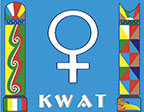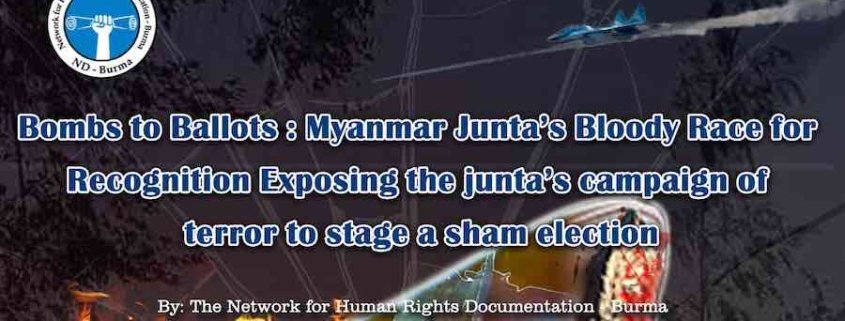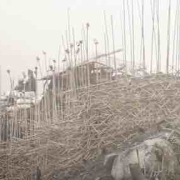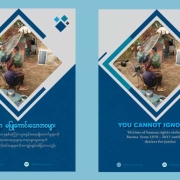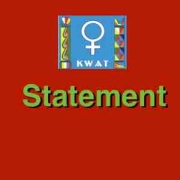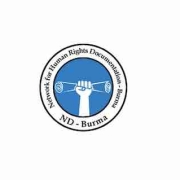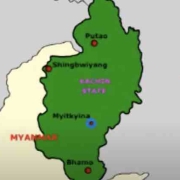Bombs to Ballots: Myanmar Junta’s Bloody Race for Recognition Exposing the junta’s campaign of terror to stage a sham election
Exposing the junta’s campaign of terror to stage a sham election
As the junta continues to illegally and unjustly expand their military through forced conscription, the upcoming 2025 sham election is yet another calculated attempt by the junta to bolster its legitimacy. Civil society organizations have widely condemned these efforts, describing them as ‘political theatre’[1] and ‘laughable.’[2] Analysts and election monitors have cited the election as a ‘sham’ and have warned that the lead-up and aftermath of the election will be plagued with violence.[3] Burma Campaign UK noted that the election is simply the junta’s latest attempt to ‘rebrand, renew, and try to convince the people of Burma and the international community that reforms are finally happening.’[4] In reality, the sham election plans pose life-threatening risks to civilians as the junta aggressively tries to regain lost territories through airstrikes, drones, and shelling.
While the junta rushes to compile voting lists and demonstrate voting machines, conflict persists across the region, with millions in urgent need of humanitarian aid. Regional leaders, including those from the Association of Southeast Asian Nations (ASEAN), are being consistently advised not to be misled by the junta’s tactics but to instead support the revolutionary movement on the ground, led by local stakeholders and grassroots leaders.
Civilians continue to bear the brunt of the ongoing violence amid the junta’s relentless assaults. The military attacks are intensifying as the election approaches, with the junta trying to reclaim territories and bases lost to the armed resistance. While the regime has announced its planned areas to hold elections in 102 townships on 28 December,[5] ethnic resistance and armed groups largely control much of the indicated territory, including in Shan and Rakhine States.[6] The junta has also announced that polls will only be held in 172 of the 228 eligible townships nationwide at unspecified dates in January 2026.[7] Burma has a total of 330 townships in which conflict has been active in 70% of them.[8]
The constituencies cover 56 townships nationwide where the regime’s administrative and security structures have broken down.[9] With 57 registered political parties, only six will participate in the election, as four parties have been dissolved for allegedly failing to meet the junta’s voting criteria. [10] On 14 September, the junta stated that it wouldn’t hold elections for three parliaments in 10 of the 14 townships in Rakhine, which is controlled by the Arakan Army.[11] This has led to further concerns over implementation and the validity of any ballots cast amid the ongoing turmoil, including daily airstrikes on displaced communities by the junta.
